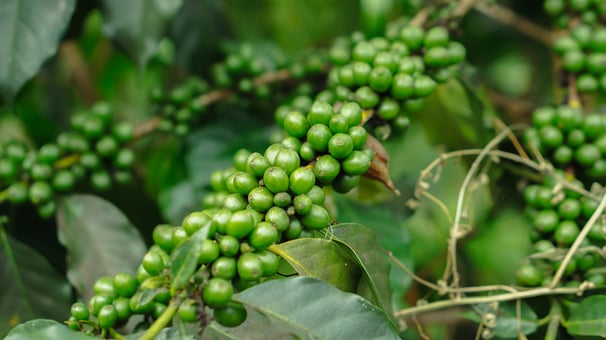Analyzing Indonesian Government Policies and Their Impact on the Pepper Industry
8/21/2024


The Indonesian pepper industry has been a vital part of the nation's agricultural economy, contributing significantly to both local and international markets. With a rich history of pepper cultivation, Indonesia stands as one of the largest producers of pepper globally. The government plays a crucial role in shaping the industry's dynamics through various policies that aim to enhance production, support farmers, and regulate exports.
Government Policies Shaping the Pepper Market
Recent years have seen the Indonesian government implement several policies that impact the pepper industry. These policies cover a wide range of areas, from price stabilization measures to programs designed to improve cultivation techniques among farmers. The government's commitment to increasing productivity and competitiveness is evident in its focus on research and development. By investing in agricultural technologies, they empower farmers with better resources to enhance yield and quality.
Additionally, trade policies play a critical role in how Indonesia interacts with the global pepper market. The easing of export regulations has opened up international opportunities but also introduced competition, requiring local producers to adapt and innovate. Strengthening ties with exporting countries has not only diversified markets for Indonesian pepper but also contributed to the stability of prices across the board.
The Impact of Policies on Industry Operations
The effects of these government policies on the pepper industry are multifaceted. On one hand, price stabilization efforts protect farmers from volatile market conditions, providing them with financial security. On the other hand, some policies have faced criticism due to bureaucratic challenges that can hinder efficient operations within the industry.
Moreover, the push towards sustainable farming practices has prompted many producers to rethink their cultivation methods. With the government's encouragement, there is a growing emphasis on environmentally-friendly practices that not only benefit the ecosystem but also appeal to an increasingly eco-conscious global market. This transition is crucial as it might significantly enhance the reputation of Indonesian pepper internationally, positioning it as a high-quality product synonymous with sustainability.
Conclusion: The Future of the Indonesian Pepper Industry
As the Indonesian government continues to adapt its policies related to the pepper industry, the future appears promising yet challenging. On a positive note, ongoing support for technological adoption and sustainable practices could lead to increased productivity and market positioning. However, industry players must navigate the complexities of both domestic and international markets, requiring them to be agile and informed about governmental decisions.
In conclusion, the interplay of government policies and market dynamics is pivotal in shaping the future of the Indonesian pepper industry. By understanding these policies and their implications, stakeholders can better prepare for the evolving landscape of this essential agricultural sector.






